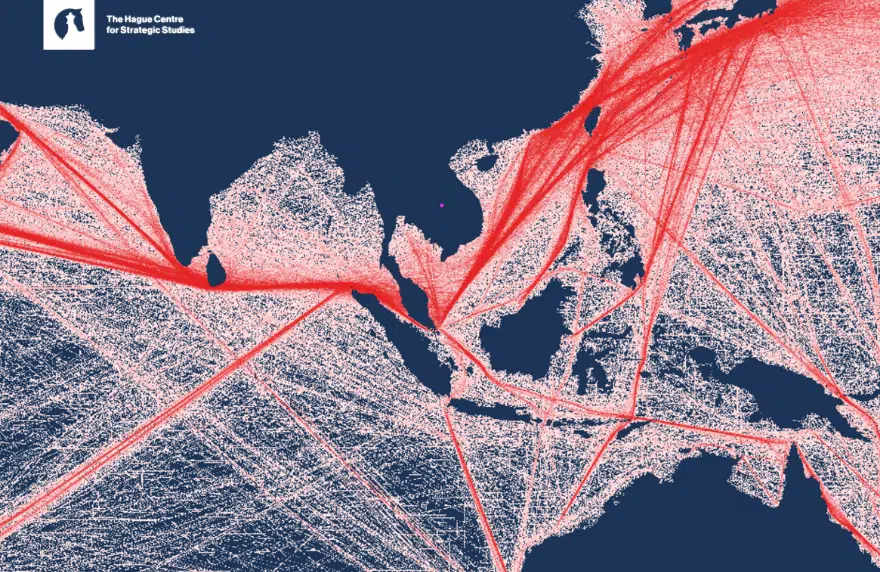Research
Hyperglobalization and the subsequent lowering of trade barriers in the past 30 years have led to increasing interconnectedness of supply chains. Maritime transport became even more crucial for such intertwined global value chains and today the supply of crucial resources depends heavily on international shipping, particularly through several chokepoints stretching from the Western Pacific to the Suez Canal. These narrow waterways are vital to the transport of crucial resources such as energy, critical raw materials, and semiconductors. At the same time, they can be easily subject to disruptions that could entail significant shipping delays and shortages, such as blockades, wars, natural disasters and piracy.
Policymakers and business leaders should pay attention to the multiple ways in which access to key economic inputs can be disrupted, whether through control over supplies or threats to transport, specifically maritime transport routes. Even in optimistic high access scenarios where there is increased supply and more suppliers, much of the world’s trade will still take place over a limited set of maritime transport routes and through very few maritime chokepoints. European and Asian powers, as each other’s key trade partners, should therefore invest in diversification of supply and suppliers, and cooperate on maritime security provision.
This new HCSS report assesses the supply of key economic resources along global supply chains from the Indo-Pacific, the stability of access to them in the future, as well as potential vulnerabilities. While acknowledging that the analysis is not exhaustive, this report focuses on a cross-section of key economic inputs including high-end technologies, raw materials, and energy, specifically: (I) oil and liquified natural gas; (II) cobalt and silicon; and (III) semiconductors. All of these resources are set to remain essential in the upcoming decades and even increase in demand. Several of them are currently highly dominated by a limited number of suppliers.
Authors: Paul van Hooft, Benedetta Girardi, Mattia Bertolini*, Joris Teer and Giovanni Cisco, with contributions by Alisa Hoenig and Tom Draaijer.
(*Mattia Bertolini worked as a research fellow at HCSS until the end of April 2023)
The research for and production of this report was made possible by a financial contribution from the Taipei Representative Office in the Netherlands to the Hague Centre for Strategic Studies. The conclusions and recommendations presented in this report are the result of independent research. Responsibility for the content rests with the authors and the authors alone.








